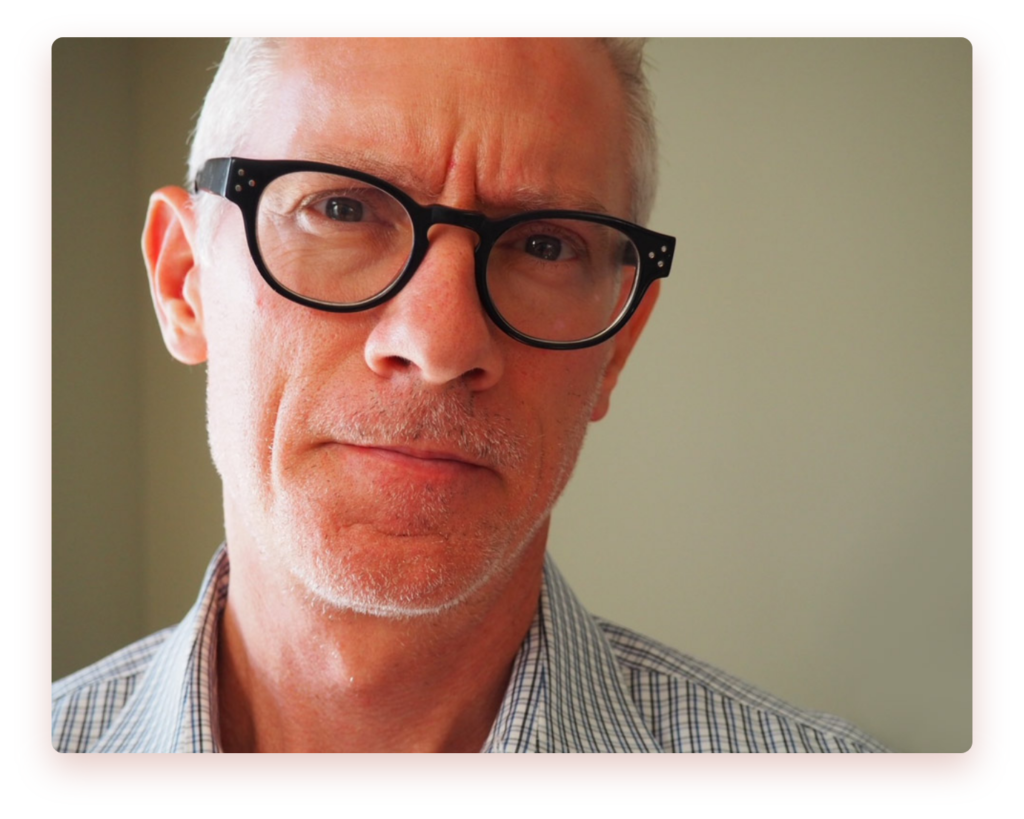If you’ve been living in this culture for a while you might have some of these ideas about counseling floating around in your head. Counseling has been mistakenly defined as:
Here’s a more accurate bullet-list:
And, it may or may not include any of the following methods: advice giving, instruction, skill development, process consultation and/or opinion.
Counseling is commonly conceptualized as a more surface level, advice-giving approach, whereas psychotherapy generally helps people to address root causes. The difference between counseling and psychotherapy is analogous to the proverbial difference between giving a person a fish and teaching a person to fish for themselves.
The belief that people who go to therapy are “crazy” or “damaged,” is false. The most common demographic of therapy goers include everyday ordinary people suffering from everyday human problems, such as depression, anxiety, trauma, and relationship issues. Only a small percentage of people undergoing psychotherapy qualify as having a serious mental illness; and these folks typically find their way into programs that offer a higher level of care than the average private practice therapist can offer. If a person is afraid of being judged as crazy by others or by their own inner-critic for going to therapy, then therapy would be especially useful in building self-esteem and freeing one from the limitations of what others think.
In all modes of therapy or counseling, you will establish goals, as well as determining the steps you will take to get there. Whether in individual, group, or family therapy, your relationship with your therapist/counselor is a confidential one, and one that focuses on not only the content of what you talk about, but also the process. The therapeutic process, or how you share your feelings and experiences, is considered to be just as important. On the whole, you can expect that your therapist will be someone who supports you, listens attentively, models a healthy and positive relationship experience, gives you appropriate feedback, and follows ethical guidelines.
If you live in Mt. Pleasant, SC or the surrounding area, we offer private, effective counseling at a reasonable cost. Call us or email today. 843 971-5171 or info@lifeworkscharleston.com

Dr. Brian Sullivan is a licensed clinical psychologist with over 30 years of experience. He holds a PsyD Doctorate in Clinical Psychology as well as a Master’s Degree in Clinical Psychology from Florida Institute of Technology (FIT). Dr. Sullivan believes his job is to work himself out of a job by helping people reach a point at which they no longer need his help.

Rachel Kepes is a Licensed Professional Counselor passionate about helping adolescents, their families, and adults struggling with life stressors, relationship difficulties, behavioral and mental health challenges.